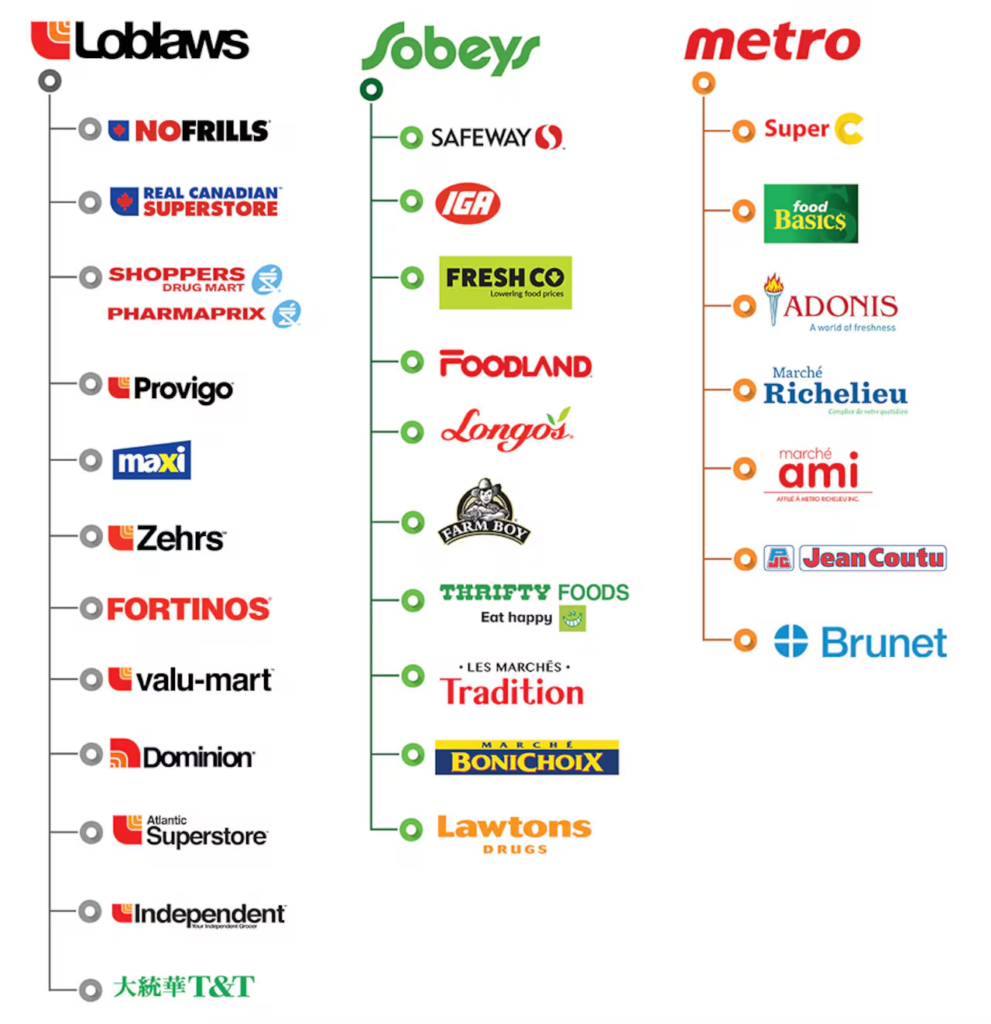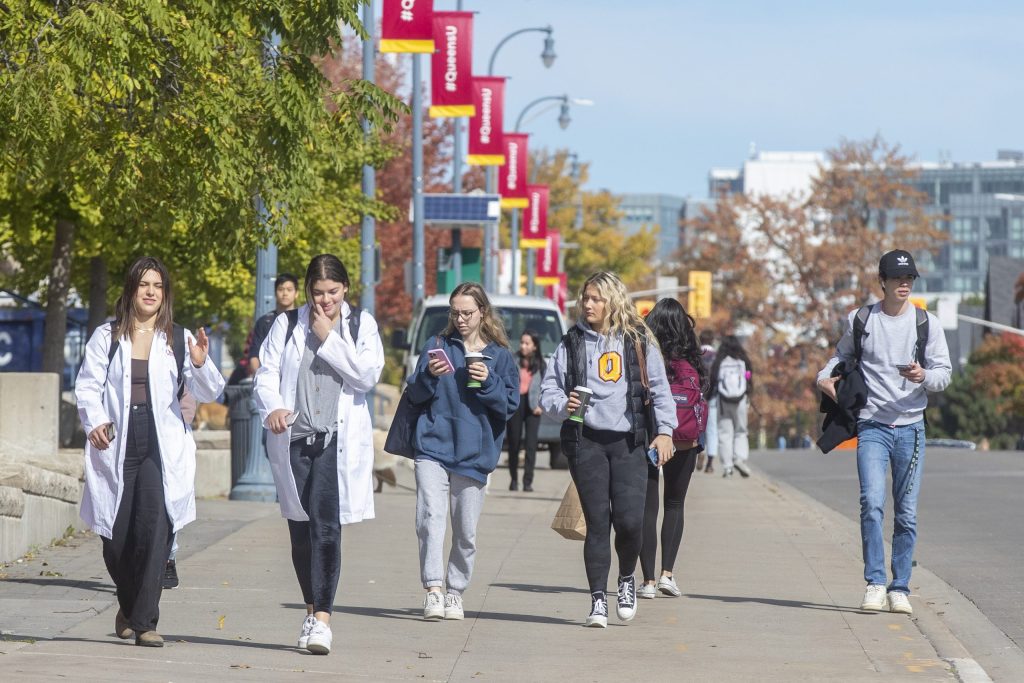This morning, on the the second day of a three-day Liberal cabinet retreat, Justin Trudeau announced that his government intends to reduce the number of low-wage temporary foreign workers starting in September.
Their slate of reforms will include restoring the policy of freezing temporary foreign worker visa approvals in areas where the unemployment rate is 6% or higher, with exceptions for seasonal food and agriculture jobs, construction, and healthcare. This policy was previously scrapped by the Liberal government in response to the tight labour market which followed the Covid pandemic.
Employers will now only be able to hire 10% of their overall workforce through the low-wage stream of the temporary foreign program, down from 20%. This is also a reversal of a previous Liberal policy – in 2022, the Trudeau government raised this cap to provide employers with more labour.
Trudeau explained these reversals not as corrections for the past mistakes of his government, but rather as a reaction to shifts in the country’s labour market. He justified the influx in temporary foreign workers immediately following the pandemic as a response to a shortage of workers: “That’s what the business community needed, that’s what the business community was asking for – and at that moment in time, those changes helped”. Trudeau went on to explain that not as many foreign workers are needed now, because “today’s economy is very different”. He called on Canadian businesses to invest in training and technology instead of foreign labour.
That’s one narrative of what happened with the Canadian immigration system in the last few years. Here’s another. Loosening every conceivable restriction on foreign workers and international students was a serious policy error which was implemented with zero consultation with the Canadian public – the very people most affected. This mistake has driven up housing costs, artificially depressed wage growth, and considerably strained basic infrastructure and social services.
The stated justification – providing foreign labour to businesses – was itself seriously flawed. The Liberal government portrayed a tight labour market as something to “fix” by importing workers from overseas, rather than a natural fluctuation which – if left alone by the government – creates a situation in which workers have more bargaining power. A scarcity of labour is undeniably difficult for businesses, but also contributes to wage growth as employers compete with each other for employees. The federal government could have aided businesses in the post-Covid period by helping them train Canadian workers, instead of giving employers a giant backdoor to hire – and sometimes, cruelly exploit – penniless Filipinos and the sons of farming families from the Indian state of Punjab.
Is the Trudeau government sagely adapting to shifts in the labour market, or is it hastily trying to repair an immigration system it destroyed through its own incompetence? Ultimately, it will be up to Canadians to decide which of these narratives is more factual.
Narratives notwithstanding, the Liberal government’s attempt to cut back on the low-wage stream of the temporary foreign worker program is a step in the right direction. If you had told me a year ago – when on this issue I was a voice crying out in the wilderness – that a reversal on this scale was coming, I would have been shocked. Today’s reforms alone will reduce the number of temporary foreign workers by 65,000 in one fell swoop. And Ottawa is even floating the possibility of reducing its sky-high permanent residency targets, which are slated to reach a surreal 500,000 next year.
The cuts to the foreign worker program are good, but not nearly enough to lower housing costs, protect wages, safeguard our sagging infrastructure and social services, and salvage some semblance of social cohesion. We need to start questioning the entire basis of our cheap labour economic model.
Canadian economist Mike Moffatt has got the right idea in calling for the abolition of the low-wage stream of the temporary foreign worker program:
“The low-wage stream should be abolished as soon as reasonably possible. There is simply no justification to bring in low-wage workers when so many young people in Canada are struggling to get ahead.

Yes, once in a while, like in 2022, labour markets will get tight and employers will have trouble finding workers. But we should embrace it, not fear it. Tight labour markets allow wages to rise for low-income workers and spur investments into automation, which leads to higher productivity.”
Abolishing the low-wage stream is just common sense. What rational justification can be provided for a single job in a Tim Horton’s or a big box store going to a foreign national instead of a Canadian? I will go further than Moffatt, and suggest that the high-wage stream of the temporary foreign worker program should be abolished as well. This country can train our own software engineers, web designers, and programmers. In fact, we already have them, and they are struggling to compete with foreign workers for jobs in high skill industries. Under the Trudeau government, even the number of foreign workers hired to work as administrative assistants has soared!
These are two achievable goals for concerned citizens to press their Member of Parliament to support: abolish the low-wage stream, and scrap the high-wage stream too. The idea of further cutting back the flow of cheap, compliant labour from abroad will no doubt send the business sector into convulsions and howls of anger. In response, Canadians can offer some helpful advice on how to find workers: hire locals, and pay them well.
All content on this website is copyrighted, and cannot be republished or reproduced without permission.
Share this article!




The truth does not fear investigation.
You can help support Dominion Review!
Dominion Review is entirely funded by readers. I am proud to publish hard-hitting columns and in-depth journalism with no paywall, no government grants, and no deference to political correctness and prevailing orthodoxies. If you appreciate this publication and want to help it grow and provide novel and dissenting perspectives to more Canadians, consider subscribing on Patreon for $5/month.
- Riley Donovan, editor